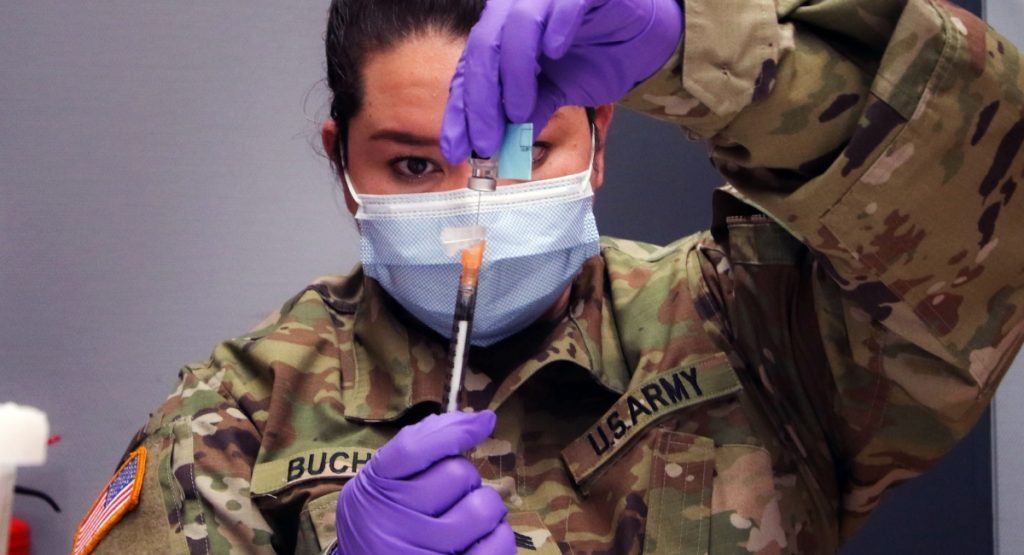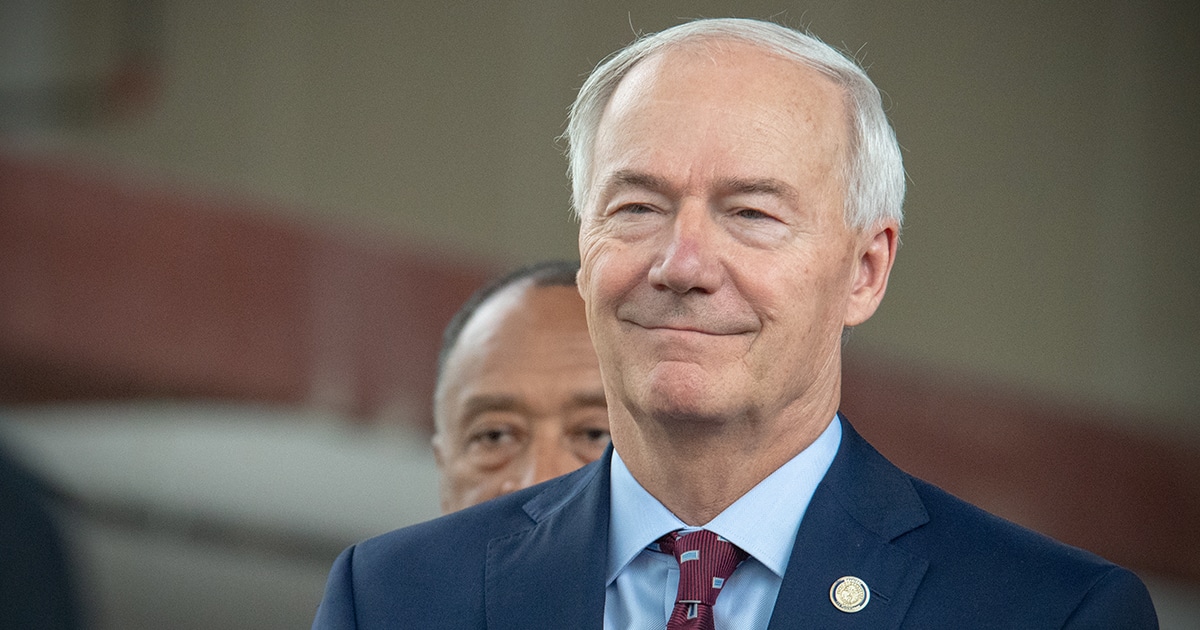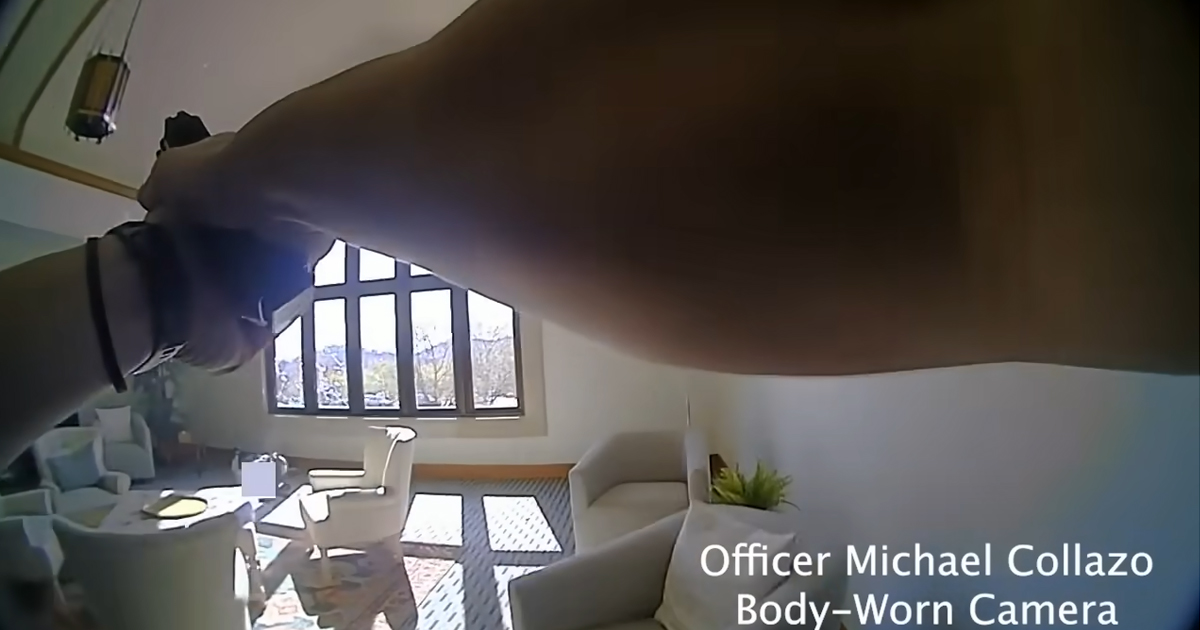A majority of COVID-19 cases in America today are among vaccinated people and proponents of the controversial COVID-19 vaccines maintain that, despite failing to prevent transmission, they protect individuals from hospitalizations and death.
However, a new study published by journal Nature Medicine shows that all five injections of the COVID-19 vaccines, including the latest “updated” booster injection championed by the White House and Anthony Fauci, are effectivelly useless if you catch the coronavirus more than once.
According to a WebMD article news brief about the study, becoming reinfected with COVID-19 drastically increases risk of hospitalization and death even if the person is fully vaccinated against the virus.
“Getting COVID-19 a second time doubles a person’s chance of dying and triples the likelihood of being hospitalized, a new study found,” WebMD’s report says. “Vaccination and booster status did not improve survival or hospitalization rates among people who were infected more than once.”
“Reinfection with COVID-19 increases the risk of both acute outcomes and long COVID,” study author Ziyad Al-Aly, MD, told Reuters. “This was evident in unvaccinated, vaccinated and boosted people.”
New study: "Getting COVID-19 a second time doubles a person’s chance of dying and triples the likelihood of being hospitalized…Vaccination and booster status did not improve survival or hospitalization rates among people who were infected more than once" https://t.co/JREZ8SmNtp
— laurie allee (@laurieallee) December 11, 2022
The study was conducted using data from U.S. Department of Veterans Affairs, typically older individuals with weaker immune systems who do not reflect the general population.
Al-Aly pushed back on the idea that vaccinated individuals who had also been infected with COVID-19 obtain “superimmunity” and stressed that reinfections can cause health problems despite vaccination status.
“During the past few months, there’s been an air of invincibility among people who have had COVID-19 or their vaccinations and boosters, and especially among people who have had an infection and also received vaccines; some people started to [refer] to these individuals as having a sort of superimmunity to the virus,” Al-Aly said in a press release from the Washington University School of Medicine in St. Louis.
“Without ambiguity, our research showed that getting an infection a second, third or fourth time contributes to additional health risks in the acute phase, meaning the first 30 days after infection, and in the months beyond, meaning the long COVID phase,” he added.
“We had started seeing a lot of patients coming to the clinic with an air of invincibility,” he told Reuters. “They wondered, ‘Does getting a reinfection really matter?’ The answer is yes, it absolutely does.”
This news and commentary by Andrew White originally appeared on Valiant News.






